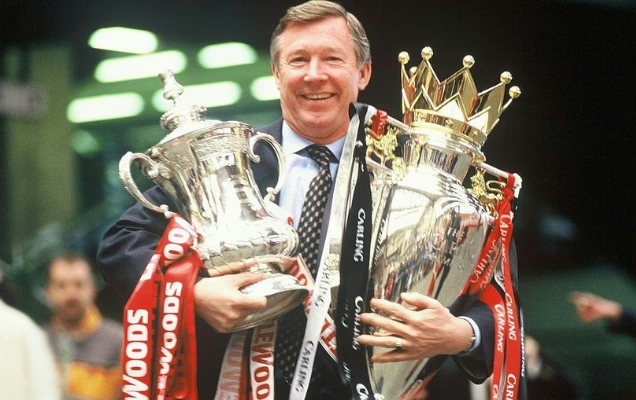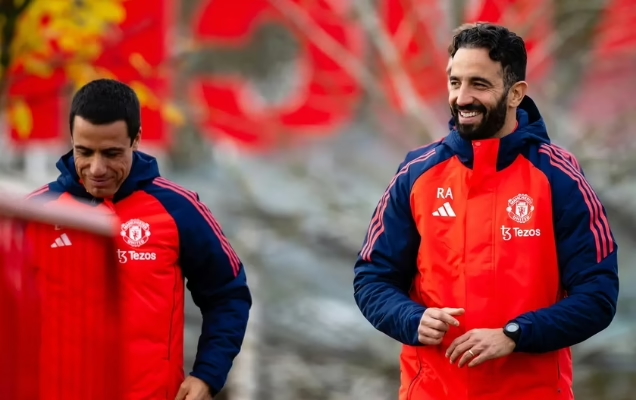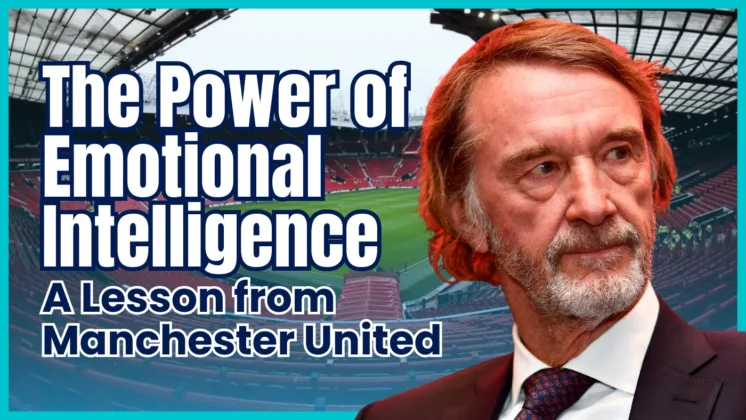Let’s be honest: leadership (at least in today’s world) is not about shouting orders or just drafting brilliant strategies. It’s also about understanding people. Great leaders know the temperature of the room, read both verbal and non-verbal cues, and guide their teams towards a shared goal without losing sight of individual motivations. That’s precisely where emotional intelligence (EI) comes in.
Why Emotional Intelligence is the Key to Modern Leadership
Emotional intelligence is often dismissed as a “soft skill,” but there’s nothing soft about it. It’s a strategic necessity. Dr. Cliff Lansley, in his EmotionIntell framework and doctoral thesis, argues that EI is fundamentally about abilities. He identifies 12 core competencies, organised under self-awareness, self-management, social awareness, and social interaction, as the measurable backbone of EI. These competencies range from managing your own emotions to accurately reading others’ feelings and influencing outcomes positively. When honed, they form the bedrock of effective leadership.
Lansley’s perspective also emphasises that EI is not just about innate traits, it can be taught and measured. This is crucial for leaders who want to grow and adapt in an ever-changing world.
Why Emotional Intelligence Matters in Leadership

Because leaders with high EI understand how to:
- Self-Regulate – They keep their own emotional reactions in check, avoiding knee-jerk decisions.
- Show Empathy – They sense the emotional climate in a room and use that insight constructively.
- Communicate Clearly – They don’t let rumour or speculation define the narrative.
- Motivate – They tap into each team member’s inner drive, aligning personal ambitions with the organisation’s goals.
Put simply, any leader who neglects these competencies risks plunging themselves and their team into chaos.
Manchester United: A Case Study in Leadership and EI Deficiency
Now, if you want to see how a lack of emotional intelligence can create chaos, even in a world-famous organisation, take a look at Manchester United’s recent PR fiascos. Word on the street (or in the tabloids) is that first-team players get deluxe and free meals while everyone else gets served and pays for… soup and bread.
If true, it screams a ‘lack of empathy’ from the boardroom. If it’s false, the club’s silence is equally damning. There’s zero proactive communication to quash these rumours. In either case, it’s an EI meltdown. When leaders fail to communicate proactively, speculation fills the void, and they lose control of the narrative.
Contrast that with Sir Alex Ferguson, the absolute master of strategic leadership. If you’ve read his book Leading, co-wrote with Michael Moritz, you’ll know he didn’t just wing it. Alex Ferguson carefully crafted his messaging and shielded his players from external nonsense. He made made sure the public saw a united (I know, I know 🙄) front. That’s emotional intelligence in action: controlling the narrative, protecting the team, and creating an environment of stability.
What Manchester United’s Coaching Staff Are Getting Right

Despite the boardroom dropping the ball (or booting it into the stands), some lights are still on at Old Trafford, especially with the coaching staff. Ruben Amorim, for instance, has shown signs of strong EI. He communicates clearly and shields his players when they need it, but also doesn’t hesitate to dish out discipline when required. That’s how you build trust and accountability: by being transparent and fair, even when it’s not comfortable.
In Lansley’s EmotionIntell model, these coaching successes align with the idea of “Influencing” and “Managing Relationships”, two of the 12 competencies he emphasises. In short, if the leadership at the top is failing at empathy and clarity, it’s at least encouraging to see the coaching staff offering a shining example of how to pull a fractured unit together using EI.
Remember that famous saying from management guru Peter Drucker: “Culture eats strategy for breakfast.” Well, psychological safety eats everything for lunch.
Without a culture that values open communication, empathy, and respect, even the best talent will wither. We see glimpses of that under coaches like Amorim, who prioritise a positive environment… something the board could learn from.
Lessons for Leaders: How to Harness Emotional Intelligence
Understand Your Team – Align individual goals with the organisation’s mission. Hiring people who resonate with your values reduces friction and fosters cohesion.
Communicate Clearly and Strategically – If you don’t fill the communication void, someone else will. Proactively address issues to maintain control of the narrative.
Foster Psychological Safety – Amy Edmondson’s research on Teaming shows that people perform best when they feel safe to speak up. Create a culture of open communication and respect.
Adaptability is Strength – Great leaders read the room, anticipate emotional triggers, and pivot when necessary. Flexibility and resilience are key.
Conclusion: Why Emotional Intelligence is Non-Negotiable for Leaders
Manchester United’s recent struggles illustrate the consequences of leadership lacking emotional intelligence. Rumours spiral, trust erodes, and once-respected organisations become tabloid fodder. Meanwhile, the coaching staff’s empathetic leadership offers a glimmer of hope.
Whether you’re leading a global football club or a start-up, the message is clear: emotional intelligence isn’t optional—it’s essential. It’s the glue that binds teams, the force that drives performance, and the shield that protects against internal discord and external attacks.
As the saying goes, people may forget a bad decision or a losing streak, but they rarely forget how a leader made them feel. That’s emotional intelligence in a nutshell.
Use it, or risk losing it.





